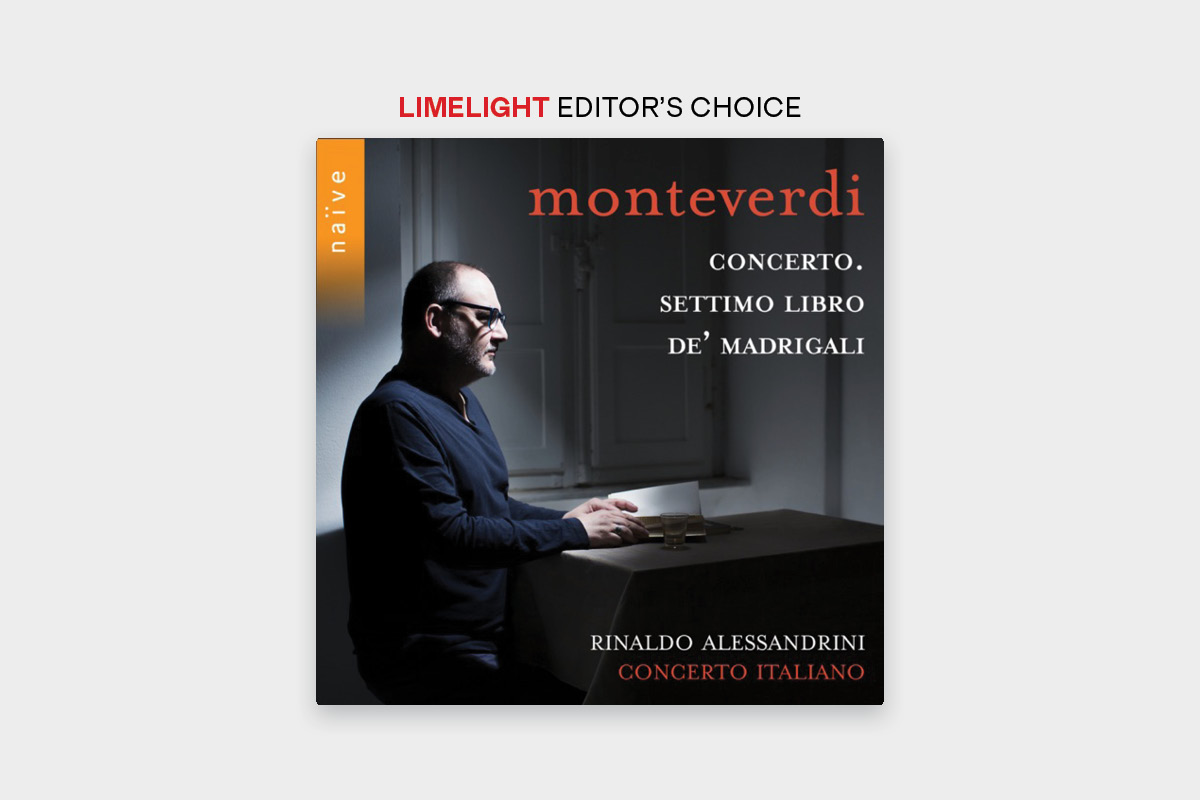Italian composer Claudio Monteverdi (1567-1643) was a Renaissance David Bowie, simultaneously shaping and shaped by his times. With L’Orfeo, he may not have invented opera, as was formerly claimed. But he was continually reinventing himself, altering musical history in the process.

Taken in isolation, the madrigal – a musical setting of a poetic text originally sung by unaccompanied vocal consort, one voice to a part – is emblematic of Monteverdi’s prodigious genius, as well as his obsession with placing greater and greater store on the primacy of said texts. Which was only going to end one way.
Although you can track the changes (see what I did there, Bowie fans?) in style from Monteverdi’s Book 3 (Il Terzo Libro de’ Madrigali, 1592) onwards, the watershed moment comes with 1619’s Book 7 – give it its full title: Concerto. Settimo Libro de’ Madrigali a 1. 2. 3. 4. & sei voci, con altri generi de canti.
Here, the polyphonic madrigal is finally replaced by solos, duets, trios, quartets and sextets with sometimes sparse,...










Comments
Log in to join the conversation.